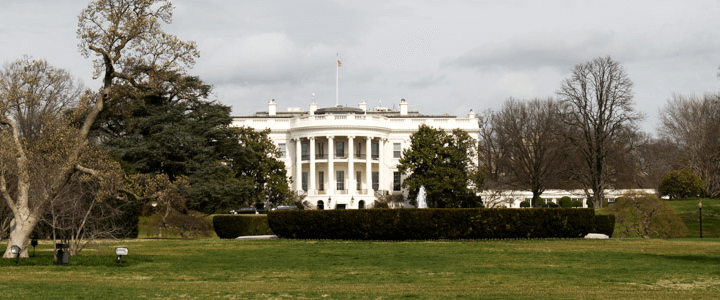The House leadership have put the Trump Administration in a difficult spot by reaching an agreement to combine legislation on sanctions against Russia and Iran that passed the Senate last month, and against North Korea which passed the House earlier in the year. Republican Majority Leader Kevin McCarthy and House Foreign Affairs Committee Chairman Ed Royce, both of California, announced the deal in a press release Saturday.
The Senate bill not only imposed sanctions on Russia in response to its annexation of Crimea and ongoing involvement in the eastern Ukraine insurgency, but also for its attempts to influence the 2016 U.S. presidential election. The measure, which also prevents the president from easing the sanctions without Congressional approval, passed by a vote of 97-2. Only Republicans Rand Paul of Kentucky and Mike Lee of Utah voted against it.
The House had appeared to be avoiding taking action on the bill, but Saturday’s announcement has effectively tied the president’s hands on Russia. If he vetoes the legislation, his opponents will take it as further evidence of collusion. If he supports it, he will be signing into law an bill that formally, if cryptically, accuses the Russian Federation of “cyber intrusions and attacks,” code for “meddling in the election.”
On Sunday, White House sources were signaling that the president would indeed support the legislation.
THE PRESIDENT’S OBSESSION HURTS HIS AGENDA
The timing couldn’t be worse for the president. His latest attempt to move his agenda forward was last week’s “Made in America Week,” which will be remembered as the week when the media mentioned this effort only to highlight the fact that he wasn’t talking about it.
Trump has undermined his own agenda at every turn with is preoccupation with landing punches. Like a quarterback with a stutter count, the media continued to draw the president offsides. His evening and early morning “Twitterstorms” in reaction to leaks and investigative reports only continue to keep the Russia issue on the front page.
By the end of the week, repealing and replacing Obamacare was dead, and no one was talking about American manufacturing—but everyone was talking about accusations of the president’s questions over whether he could pardon himself, and his veiled threats against special prosecutor Robert Mueller regarding investigations into Trump family finances.
To cap off the week, press secretary Sean Spicer quit (but will remain on the job through August).
RUSSIA’S ACTIONS ARE A FAIR TARGET
Mueller’s investigation has a long way to go to prove “collusion” between the Trump campaign and Russia. Collusion, by definition, requires an agreement between two parties to circumvent the law, and Donald Trump, Jr.’s meeting with a Russian lawyer by itself doesn’t prove that.
While reasonable people can disagree on the degree to which it was successful, it is clear that through a number of cyber initiatives, the Russian government attempted to steer voters into Trump’s camp in 2015 and 2016. At the very least, its attempted to harm Hillary Clinton.
While on one hand that is nothing different than what the U.S. and Soviet Union did to each other throughout the U.S.S.R.’s existence (or really as any two dominant powers have done to each other throughout history), on the other hand, it is something that cannot be ignored once it is public knowledge. This week, no doubt to the president’s dismay, a majority in Congress have come to the same conclusion.
Supporting the sanctions is the first step the president can take to begin to put the whole matter behind him.



